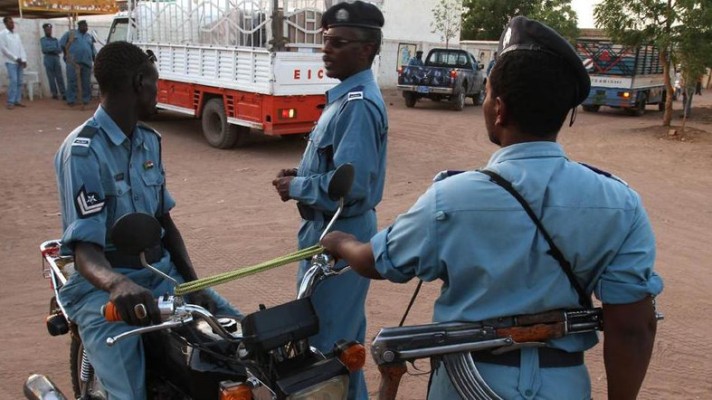SPLM-N accuses police of using excessive force in Sennar State

October 25, 2016 (KHARTOUM) – The rebel Sudan People’s Liberation Movement North (SPLM-N) has accused Sudan’s riot police of using excessive force against the residents of Kaukri area on the borders with South Sudan.
In a statement extended to Sudan Tribune on Tuesday, SPLM-N peace file spokesperson Mubarak Ardol said the riot police force on Sunday attacked the residents with live bullets while they were harvesting their sesame crop, saying one villager was killed and several others injured.
According to Ardol, the clashes were triggered by dispute over agricultural land in the area, saying the police force uses one of the disputed lands as a base to launch its attacks against the residents.
He added the clashes were resumed after the armed residents gathered from Boot and Mazmum and other areas in the outskirts of Sennar state and encircled a police camp, saying the two sides exchanged fire which led to the death of 10 policemen.
Ardol further said the residents burned down the camp after they forced the policemen to evacuate the area, warning that clashes could resume at any time particularly after the government sent police reinforcements with heavy weaponry.
The statement denounced the systematic targeting and use of force against civilians, describing the manner by which Sennar state dealt with the issue as “futile”.
It called upon all tribes of Blue Nile to join forces to overthrow the regime and establish the state of equal citizenship to achieve the interests of all Sudanese.
The Sudanese army has been fighting SPLM-N rebels in Blue Nile and South Kordofan since 2011.
After a series of talks in Addis Ababa between 9 to 14 August, the Sudanese government and the SPLM-N failed to sign cessation of hostilities and humanitarian access agreements.
(ST)
